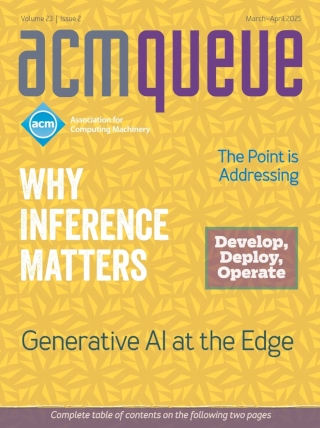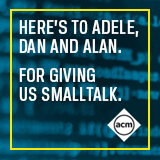Satnam Singh - Cluster-level Logging of Containers with Containers
This article shows how cluster-level logging infrastructure can be implemented using open source tools and deployed using the very same abstractions that are used to compose and manage the software systems being logged. Collecting and analyzing log information is an essential aspect of running production systems to ensure their reliability and to provide important auditing information. Many tools have been developed to help with the aggregation and collection of logs for specific software components (e.g., an Apache web server) running on specific servers (e.g., Fluentd and Logstash.)
Peter Kriens - How OSGi Changed My Life
In the early 1980s I discovered OOP (object-oriented programming) and fell in love with it, head over heels. As usual, this kind of love meant convincing management to invest in this new technology, and most important of all, send me to cool conferences. So I pitched the technology to my manager. I sketched him the rosy future, how one day we would create applications from ready-made classes. We would get those classes from a repository, put them together, and voila, a new application would be born. Today we take objects more or less for granted, but if I am honest, the pitch I gave to my manager in 1985 never really materialized.
Len Takeuchi - ASPs: The Integration Challenge
Organizations using ASPs and third-party vendors that provide value-added products to ASPs need to integrate with them. ASPs enable this integration by providing Web service-based APIs. There are significant differences between integrating with ASPs over the Internet and integrating with a local application. When integrating with ASPs, users have to consider a number of issues, including latency, unavailability, upgrades, performance, load limiting, and lack of transaction support.
Chris Richardson - Untangling Enterprise Java
Separation of concerns is one of the oldest concepts in computer science. The term was coined by Dijkstra in 1974.1 It is important because it simplifies software, making it easier to develop and maintain. Separation of concerns is commonly achieved by decomposing an application into components. There are, however, crosscutting concerns, which span (or cut across) multiple components. These kinds of concerns cannot be handled by traditional forms of modularization and can make the application more complex and difficult to maintain.
Comments
(newest first)



